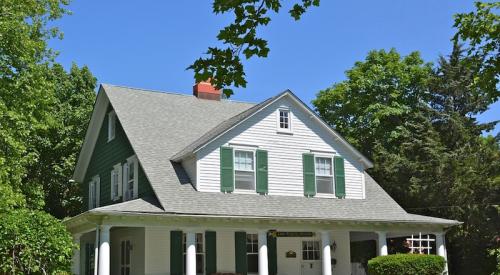A metro's share of college graduate residents is positively correlated with wage growth and higher housing costs, putting rising economic inequality by education level in stark relief.
A new University of Southern California working paper studies the class divide in wages and housing costs by looking at the effect of college graduage residents in a metro. The homeownership rate for grads is 68 percent, at least 21 percent higher than those who did not graduate. What's more, college grads benefit more from rising home values than do their less educated peers. Rent burdens also vary, as grads have more money left over after monthly housing payments, and can therefore cover the difference in rent price increases, whereas less educated peers cannot meet the tide of rising rents. CityLab co-founder Richard Florida writes, "It’s a disturbing tale of two trickle-downs, where the trickle-down effect on rent outpaces the trickle-down effect on wages for those least able to shoulder the cost."
It’s abundantly clear that in today’s economy, the ability to attract and mobilize highly educated people, so-called human capital, is the key factor in the the wealth of nations as well of that of cities. But the driving force of talent in economic growth also contributes to our worsening divides. While metropolitan areas with more educated people have higher levels of income, they also have higher housing costs. And the burden of those costs falls hardest on the less educated.












